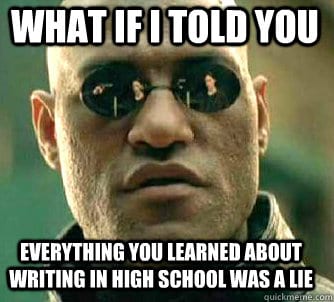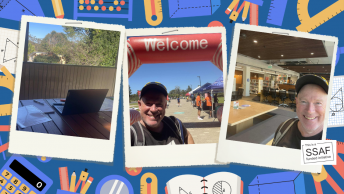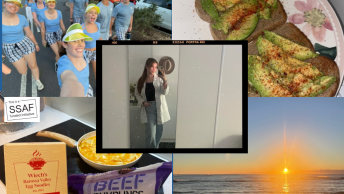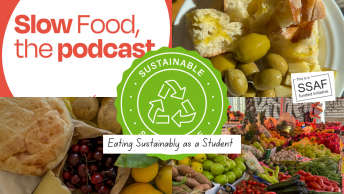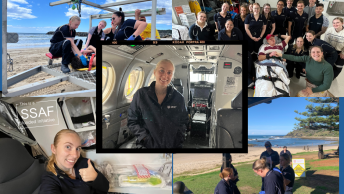This post is over three years old, the information may be outdated.
Over the past three weeks, we’ve looked at a few of the things I’d suggest that my first-year self work on if I had the opportunity to sit her down for a stern talking to…
When I think back to my first year of distance education, I cringe at how naive and fly-by-night my study schedule and general approach to uni was, not to mention the unsophisticated nature of my academic writing. If I chance upon an old essay, I wouldn’t dare read it – I might implode with shame! As the final part in the mini-series, today we’ll reflect on the value of developing your search strategies and academic writing skills.
-
Learn how to search effectively
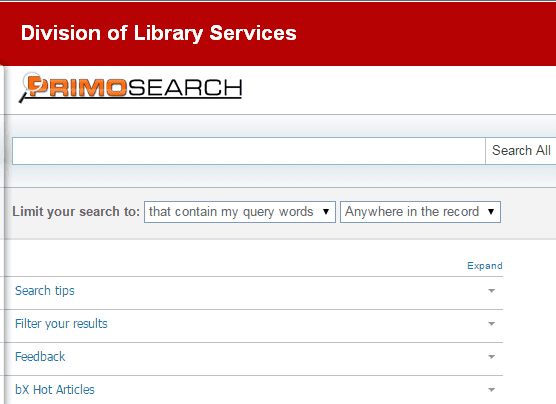 As I near the end of my degree in library and information studies, I am finally able to see how little I knew about the research process prior to formally studying information retrieval strategies.
As I near the end of my degree in library and information studies, I am finally able to see how little I knew about the research process prior to formally studying information retrieval strategies.
Learning how to conduct a successful search on Primo and subject-specific databases can save you lots of time and effort locating relevant sources. This is particularly helpful if you’re looking for resources using broad terms.
A friend of mine recently had an assignment on the influence of socio-cultural backgrounds on personal value systems, and found it was a nightmare to retrieve relevant journal articles without significantly refining her search. CSU Library had some helpful tips that were a godsend to her on database searching and combining search terms – so I suggest if you are ever having any issues you have a read to get started.
-
Work on your academic writing
After many years of reading and writing academic work on a near-daily basis, I am confident in my ability to whip an argument together in scholarly tone, as long as I have a good grasp of the subject and some dynamite references. This was not always the case – I found it really difficult to find my academic voice in the first few years of study. Not only was this a result of a lack of experience and comprehension, I just wasn’t as good a writer as I thought I was! Now I know that writing of any kind takes constant practice and development, supported by enthusiastic wide reading to develop into any sort of sophisticated form of communication.
First year Amber also didn’t actively follow a strict essay format or practice on developing writing skills, and probably relied too heavily on the shift + F7 thesaurus function in Word, without fully understanding the meanings and subtle nuances of each synonym.
Working on your academic writing will equip you with the skills not only to complete you assessments, but effectively respond to key selection criteria on job applications and communicate ideas in the workplace. CSU’s Writing at Uni study guide provides several great resources on improving your academic writing- don’t just check them out, use them diligently.


